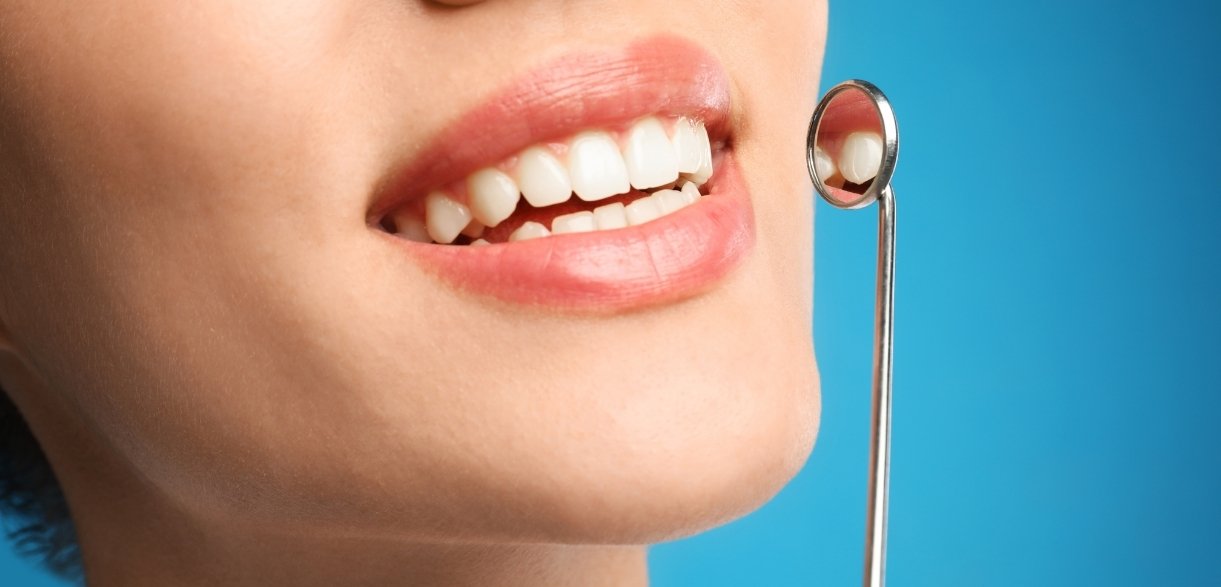1520 Green Oak Place, Suite B Kingwood, Tx 77339
Why Are Your Teeth So Sensitive?

Nothing ruins a meal like sensitive teeth do. It’s just not the same when you have to take your coffee lukewarm or dice an apple into tiny pieces so you don’t have to bite into it.
Some people just happen to have more sensitive teeth than others. But that doesn’t mean you have to write off your problem as a loss and accept it.
See if any of the following factors could be making your teeth super-sensitive.
Decay
A hole in your tooth is almost a straight shot to irritating an exposed nerve. In fact, sensitivity could be your first indication that you have a cavity.
Gum Recession
Tooth roots are much more sensitive than the crowns. The root surface is usually hidden below the gum line, so when the gums recede, the exposed surface will react to temperature changes.
Fracture
Your tooth might look fine, but even a hairline fracture can make it very sensitive.
New Crown
Has your enamel recently been trimmed to fit a cap or crown? It will take a little time for it to adjust to its new covering.
Acid Wear
If your teeth are exposed to a lot of acidic substances, the protective enamel layer can wear away in some spots and expose the sensitive dentin layer.
Teeth Grinding
A habit, conscious or otherwise, of clenching and grinding your teeth can weaken them and make them more sensitive.
Your sensitive teeth could be caused by other reasons besides those listed above. Find out more by getting a comprehensive dental exam at Kingwood Dentistry. Our team will also help you discover treatments to reduce tooth sensitivity.
Posted on Behalf of Dentistry Of Kingwood







